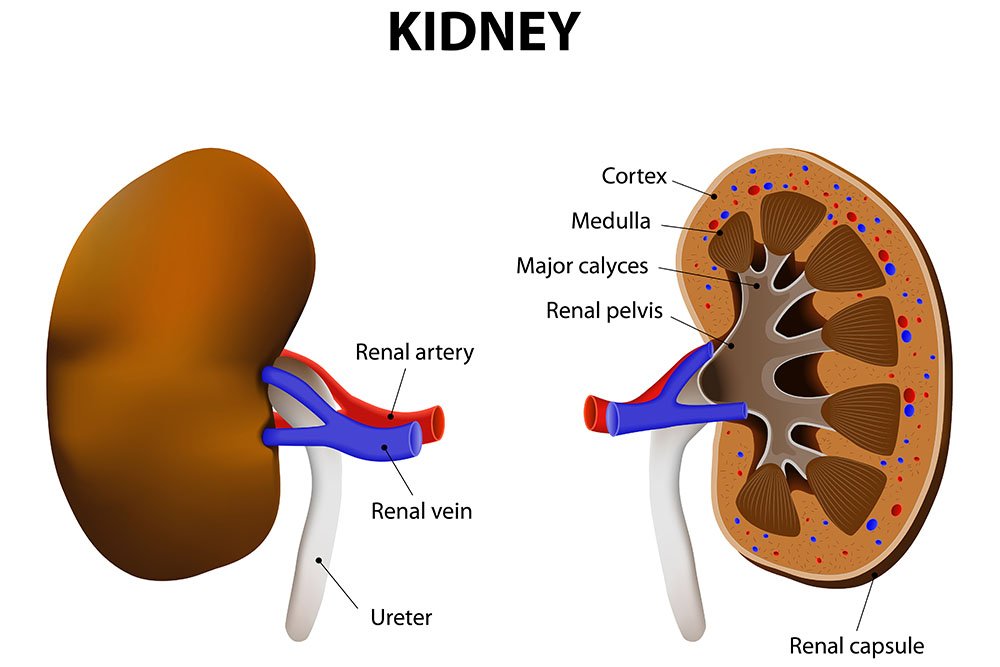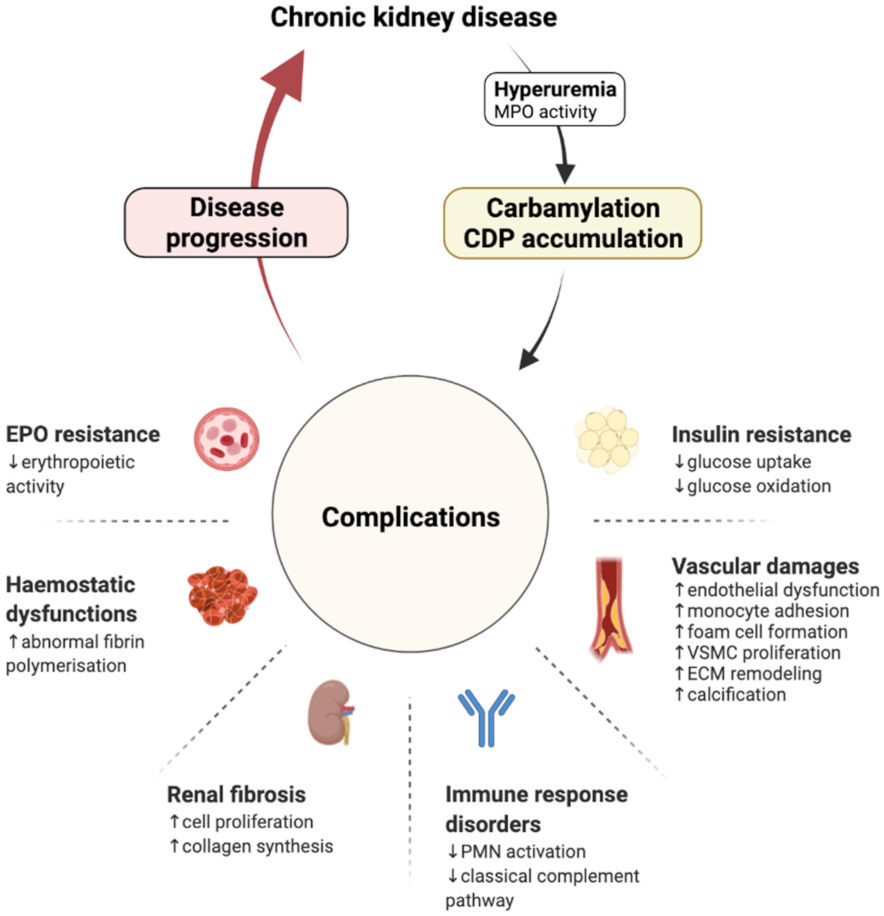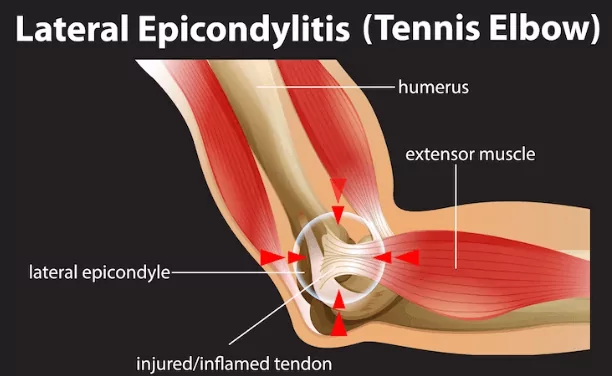Renal failure is a obliterating wellbeing condition that influences millions all inclusive, forcing a noteworthy burden on people, families, and healthcare frameworks. As a driving cause of dreariness and mortality, understanding the complexities of renal disappointment is significant. This condition includes the slow or sudden misfortune of kidney work, driving to the amassing of poisonous squander items, abundance liquids, and electrolyte lopsided characteristics in the body.
The kidneys, dependable for sifting squander and abundance substances from the blood, play a crucial part in keeping up the body’s sensitive adjust. Be that as it may, when they fall flat to perform their capacities enough, renal disappointment happens. This basic condition disturbs the body’s harmony, driving to a run of complications and possibly life-threatening results. As a result, it is fundamental to recognize the causes, side effects, and treatment alternatives accessible to oversee and anticipate renal failure.

Reference: Anatomy of Kidney
Causes and Risk Factors
Renal failure can arise from a complex interplay of factors, including chronic health conditions, sudden injuries, and underlying medical vulnerabilities. The prolonged strain of diabetes and hypertension on the kidneys’ intricate blood vessels and filtration systems can precipitate renal failure. Similarly, obesity, high cholesterol, and cardiovascular disease can also contribute to kidney dysfunction, increasing the likelihood of renal failure.
Acute kidney injury can result from severe dehydration, significant blood loss, or toxic medication overdoses, which can abruptly compromise kidney function. Certain pharmaceuticals, such as nonsteroidal anti-inflammatory drugs (NSAIDs), antibiotics, and contrast agents, can also exert harmful effects on kidney function. Moreover, pre-existing medical conditions like glomerulonephritis, polycystic kidney disease, and nephrolithiasis can elevate the risk of renal failure. Additionally, advancing age, familial predisposition, and ethnic background can also modulate an individual’s susceptibility to kidney disease.
Symptoms and Diagnosis
The onset of renal disappointment can be stamped by a run of side effects, from gentle to serious. At first, people may have weakness, or edema in the lower limits. As the condition progresses, side effects can advance to incorporate gastrointestinal unsettling influences, such as sickness and heaving, caused by stomach distress. In extreme cases, renal disappointment can lead to respiratory trouble, cognitive disability, and indeed seizures. Outstandingly a few people may stay asymptomatic until kidney work has declined.
A comprehensive symptomatic assessment is pivotal for recognizing renal disappointment. This handle ordinarily commences with an intensive restorative history and physical examination, taken after by an arrangement of research facility tests. Blood tests are utilized to evaluate the levels of squandered items, electrolytes, and kidney work markers, whereas pee tests distinguish variations from the norm such as proteinuria and hematuria. Imaging considers that counting ultrasound or CT filters may be utilized to visualize kidney harm or obstacles. In select cases, a kidney biopsy may be vital to affirm the determination and decide the fundamental etiology of renal failure.

Reference: Signs and Symptoms
Treatment Options
It’s vital to embrace a comprehensive treatment arrange for renal disappointment, custom fitted to the individual’s particular prerequisites and malady seriousness. In the early stages, a preservationist approach may be adequate, centering on way of life adjustments and dietary alterations to moderate illness movement. This may incorporate medicine to oversee hypertension, frailty, and electrolyte lopsided characteristics, nearby standard checking to track malady progression.
As renal disappointment propels, renal substitution treatments (RRT) ended up fundamental to evacuate squander items from the blood. Hemodialysis, a prepare of sifting squander items utilizing an fake kidney, can be performed in a clinical setting or at domestic, advertising adaptability and comfort. On the other hand, peritoneal dialysis utilizes the peritoneal film to channel squander items, giving another successful RRT alternative. For qualified candidates, kidney transplantation offers a more lasting arrangement, supplanting the fizzled kidney with a sound benefactor kidney and altogether moving forward quality of life and survival rates.
Complications and Related Conditions
Renal failure is often accompanied by a range of complications and related conditions, which can significantly impact patient outcomes. Cardiovascular disease is a notable concern, as shared risk factors like hypertension, diabetes, and dyslipidemia can increase the likelihood of heart failure, myocardial infarction, and stroke. Additionally, the accumulation of toxins and waste products in the blood can further contribute to cardiovascular disease.
Anemia is another common complication of renal failure, arising from the kidneys’ reduced ability to produce erythropoietin, a hormone essential for red blood cell production. This can lead to debilitating symptoms like fatigue, weakness, and shortness of breath, exacerbating the disease. Renal failure can also lead to bone disease, including osteoporosis, osteopenia, and adynamic bone disorder, due to imbalances in calcium, phosphorus, and vitamin D levels.
Other complications and related conditions associated with renal failure include:
- Fluid retention and swelling
- Electrolyte disturbances and hyperkalemia
- Acid-base imbalances and metabolic acidosis
- Increased risk of infections and sepsis
- Malnutrition and muscle wasting
- Cognitive impairment and dementia
- Mental health concerns like depression and anxiety
- Gastrointestinal issues and bleeding
Early identification and management of these complications are crucial to preventing further disease progression and improving patient outcomes.

Reference: Complications and Related Conditions
Renal disappointment is a complex and multifaceted condition that poses a critical risk to worldwide well-being. As the kidneys play an imperative part in keeping up the body’s fragile adjust, their disappointment can have far-reaching results. Through understanding the causes, side effects, determination, treatment alternatives, and complications related with renal disappointment, we can way better prepare ourselves to combat this illness. Early discovery, way of life alterations, and convenient mediations can altogether move forward persistent results. Additionally, proceeded investigations and headways in therapeutic innovation offer trust for more viable administration and potential cures for renal disappointment. By prioritizing kidney well-being and tending to the developing burden of renal infection, we can work towards a future where people can live longer, more advantageous lives.




